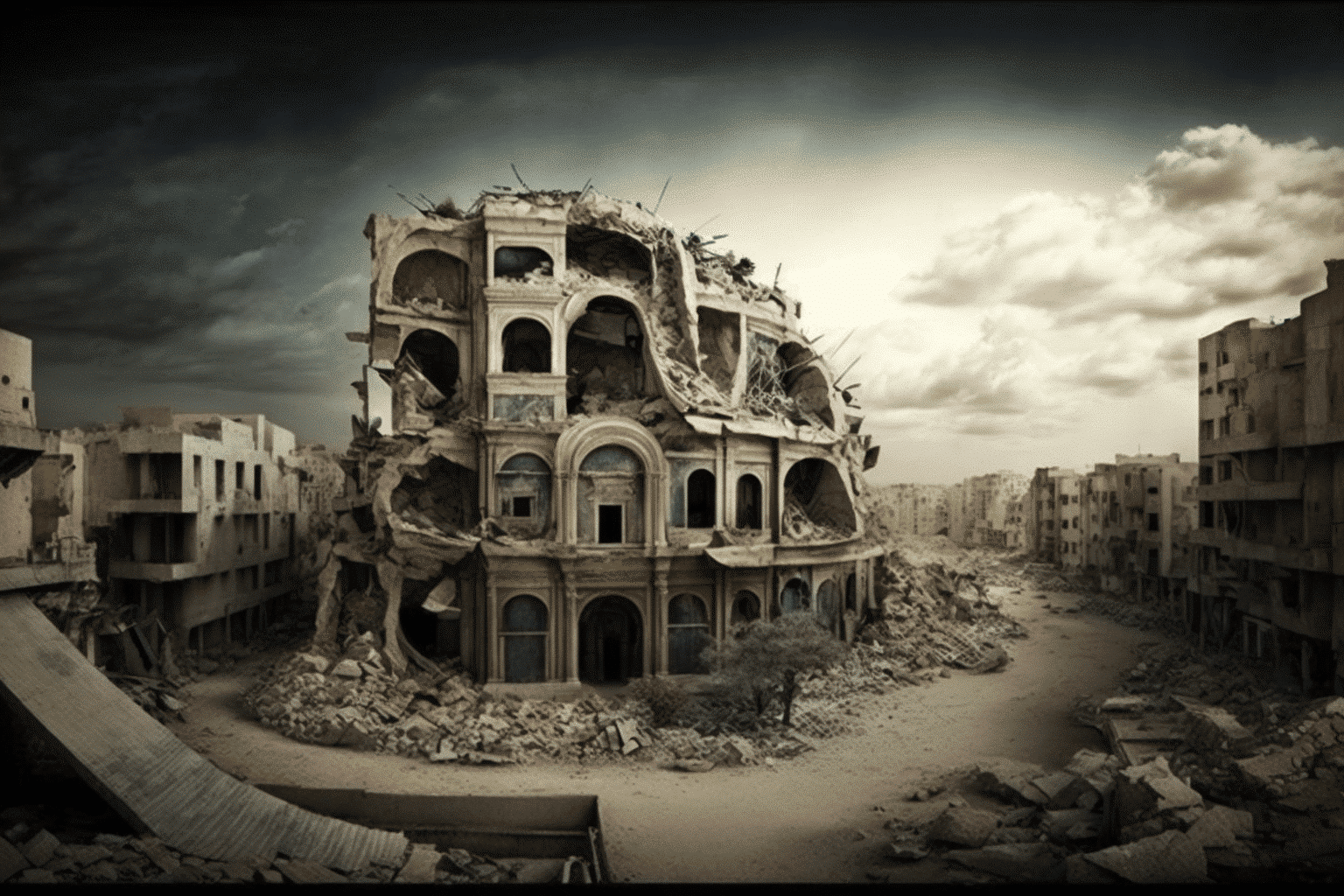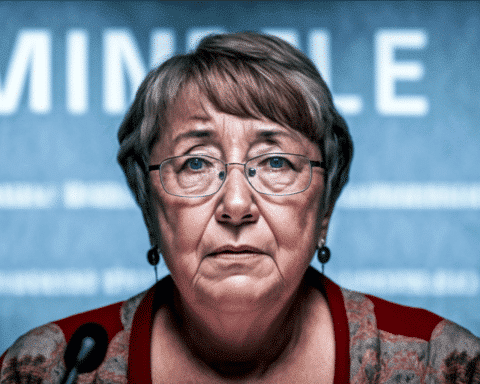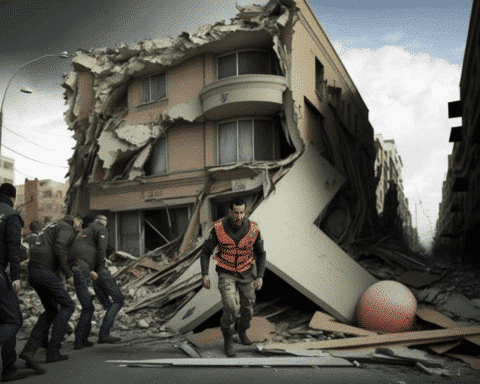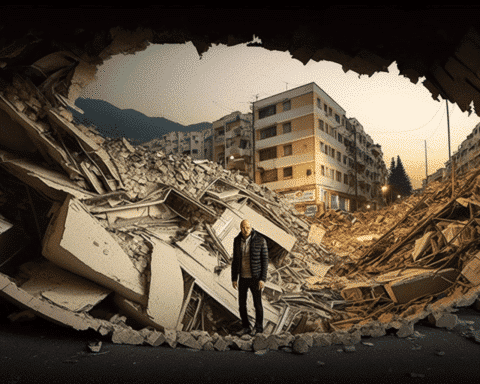A week after the devastating earthquake hit parts of Turkey and Syria, aid agencies and governments are still scrambling to provide basic needs to those who lost their homes. However, with the bitter cold setting in, many are still struggling to find proper shelter.
The situation in Syria is particularly dire as the 12-year civil war has complicated relief efforts. Aid delivery has been hampered by wrangling over how to move it into the country and distribute it. Some locals in Syria have even reported that they have received no aid at all.
The magnitude 7.8 quake and its powerful aftershocks have left tens of thousands of buildings toppled or damaged and closed airports for a time. This has made providing aid to the affected areas even more challenging.
In northwest Syria, locals have been scrounging for tents to provide shelter, but with nighttime temperatures plummeting to around minus 4 degrees Celsius, many families are still without proper protection. Head of the local council in the town of Jinderis, Mahmoud Haffar, said they are on day nine and still waiting for aid to arrive.
“We are on day nine and we are still hearing the question of when will aid get in,” said Haffar.
Despite the lack of proper tents, the town has received a surplus of donated bread and water. Meanwhile, those seeking shelter in government-held Latakia seem to be getting aid, according to Raeefa Breemo, who said, “Our jobs, our lives, everything have stopped.”
Although offers of help have poured in from around the world, the needs remain immense, especially in the 10 provinces in Turkey and large areas in northwest Syria that are home to millions.
In the aftermath of the earthquake, the water system in the quake-hit region was largely not functioning. Health Minister Fahrettin Koca revealed that samples taken from dozens of points in the water system showed the water was unsuitable for drinking. This added to the difficulties faced by those displaced by the earthquake, who have been forced to live in train carriages in the Turkish port city of Iskenderun.
While many of these families have recently left for nearby camps or other parts of Turkey, some continue to call the train carriages home. “The wagons have become our home,” said 50-year-old Nida Karahan.
Meanwhile, delivering aid to Syria’s rebel-held Idlib has been complicated. The UN has only been allowed to assist in the area through a single border crossing with Turkey or via government territory. However, there is a glimmer of hope as President Bashar Assad has agreed to open two new crossing points from Turkey to his country’s rebel-held northwest, Bab al-Salameh, and Al Raée, for an initial period of three months.
Though major humanitarian organizations welcomed the move, Russia expressed concern that the opening of the crossings might be made permanent, accusing the West of trying to get aid “exclusively” to areas not controlled by the Syrian government. Nonetheless, the humanitarian situation is dire, with the death toll in the northwestern rebel-held region passing 2,200.
In Turkey, the death toll from the earthquake has surpassed 32,000, with many blaming faulty construction for the vast devastation. Authorities have targeted contractors allegedly linked with collapsed buildings, but experts say construction codes meeting earthquake-engineering standards are rarely enforced.
In Afrin, northwest Syria, 190 families are sleeping on the floor of a basketball court, using mats for training and blankets to create some semblance of privacy. “We have been sick for the last nine days,” said Sabah el Khodr, staying at the shelter with her two toddlers. Local officials say the shelter is temporary, but for now, it is the only option for these families until new tents can be secured.




